The Waterfall
“So noisy are the towns and villages,” remarked
The sage as he and his young pupil made
Their way across the bustling thoroughfares,
Heading toward the mountains and the mist.
The boy, only accustomed to the sound
Of rustling towns and city happenings,
Half-listened as he looked ahead toward
The snowy mountains, so near, yet so far.
Rising up from the earthly surface to the sky,
Piercing the sprawling cloudscapes up above,
The glistening peaks arrested his young eyes,
Their crests adorned with all the elements:
The pristine snow and careless alpine winds,
A gentle frost and pines that fear no cold.
But back below and far from busy towns,
After trekking for many quiet hours,
They heard a faint and playful murmuring
Beckoning them toward the leaf-dimmed light:
Soon, deep amid the forest’s evergreens,
Solacing caves and gnarled untrodden paths,
They found themselves before a waterfall
Whose rushing cataracts and foaming floods
Somehow inspired in them the calmest thoughts.
“The truth, though men forget, is never lost,”
Said the sage as he and the boy sat down;
They watched the foaming floods rush on for hours.
Mastery
They crossed the rickety and cursed old bridge
And finally made it to the other side.
Surmounting gaping chasms far below,
They crossed the fear-fed gorges and abysms.
Alas, the gnawing fear and raving dread
Had only just begun to rear its head.
“Master, the end seems but the beginning,
The beginning the end, there’s never here,
Here’s never there; yet we’ve already climbed
So many mountainsides and trekked along
So many paths—should one not choose to live,
Instead of seeking what may never be?”
“The danger’s only going half the way,”
Said the sage as he watched the dim-lit stars.
“How to become a real master, then?”
Questioned the student as he trailed behind.
“There are no masters,” answered the old sage,
“Just students of the sacred Word and Way.
For, those who fail at being masters have
Not failed to reach their long-awaited goal
They’ve failed at being students,”—the sage smiled,
Then disappeared into bamboo groves.
Details
The sage and boy sat on a path which lay
Atop one of the highest mountain crests.
Yet, neither sage nor boy looked down upon
The star-like speckles they knew as their towns.
Rather, they looked above, gazing upon
The star-strewn skies that blushed with unknown fires.
“So many stars and mountains, crests and sky,
Are we not fools to think that we can know
What underlies such intricate designs?”
Asked the boy as he eyed the twinkling schemes.
“The Truth is simple,” answered the old sage,
“The details are infinite.” Then he paused,
“Pity the ones who can’t distinguish them,
The captives of their own clever designs.”
Turning his gaze towards the unnamed skies,
A glint of starlight shining in his eyes,
The ancient sage looked on, “The wise remove
All that which blinds them from the simple Truth.”
He gazed upon the distant starscapes up
Above, musing upon the twinkling flames.
David Gosselin is a poet, writer, and translator based in Montreal. He is the founding editor of The Chained Muse and New Lyre Magazine. His epic in iambic blank verse, Athena, appears in New Lyre Magazine—Winter 2024. His ongoing series of philosophical poems, “Journey Through Mountains” is an ever-expanding poetical journey, currently consisting of 25 visions, which he periodically posts and reads on his Substack.
Read more poetry from Journey Through Mountains.Wood Cutting
The axe came down with patient strength, The master thought of nothing as The blade drove down into the stump And cut him out another log. “Don’t think, and then you’ll hit the mark,” He told the boy. “Because your mind Knows many things that you still don’t,
The Storm - Philosophical Vignettes
Among the snowy cornices And cold plateaus of foggy peaks, A master and his pupil made Their way towards the dragon’s grot. As both the sage and pupil fought To climb the ancient mountain tops, A storm descended on the twain With howling gales and scowling rains.
The Mountain Wood
A sage and pupil made their way Into a deep and darkened wood. They searched and wandered places Where, for years, no traveler would. The underbrush, the damp-cool swamps And thorny vines delayed their climb; And countless unknown fruits hung from
The Gorge
The travelers had reached a gorge Whose darkness they would have to breach. The mountaintops lay far ahead— “Such darkness has a lot to teach,” The master said while looking down The river gorge’s darkened depths— The frightened boy sighed deep, and looked
Black Mountain Clouds
A horde of gaunt gossamer clouds Came drifting through the gloomy sky— Thick mists poured down over the peaks, Wafting about the frigid air —Like vapors from a witch’s spell— Bubbling, foaming, frothing, until The sable brim was overflowed, And curses on cursed pinions flew.
Chinese Mountain Man: Dreams
Now after many, many years, And after many, many tears, Alas, they’d reached the mountain top— The summit which so many sought. Under the heavens’ starry shrouds, The sage and boy walked through the clouds Where scarlet moonlight gently bathed Each glistening slope and snowy cave.
Chinese Mountain Man: The Climb
Who goes there, wandering About the mists and the rains? Among the alpine crests And mountains’ crystal streams? A Chinese mountain man Treks up the steep defiles. And with him follows close His pupil short of breath. They walk among the pines, Which rise from every crag.
The Night Sky
Trekking among the steep defiles, Trailed by the sage, a young boy tried To use the dim-lit stars in hopes Of finding some path or some guide To help him climb the rocky slopes. They made their way among the fog Which stalked them now for many nights,
The Storm - Philosophical Vignettes
Among the snowy cornices And cold plateaus of foggy peaks, A master and his pupil made Their way towards the dragon’s grot. As both the sage and pupil fought To climb the ancient mountain tops, A storm descended on the twain With howling gales and scowling rains.
The Dragon Slayers
The sage and pupil made their way Along a snowy promontory. With jagged ridges far below, Stern crests and cornices above, They trekked towards the dragon’s grot, Which lay among the snowy crags. But as they neared the creature’s den, The boy began voicing his doubts.
Little Things
Still far below the dreamed-of peaks, The trekkers scaled a mountainside. They climbed up damp and calcined walls, Scaled rocky ledges and steep cliffs. The young boy quickly grappled stones, Swiftly ascending up each crag. His grip was anxious and zealous,
The Phoenix
It was upon a quiet night As graying clouds raced past the moon. A sage and pupil made their way Into a deep and darkened wood. Among a sea of silent pines, They traveled the uncertain trail. But after wandering the night, They finally settled for rest.

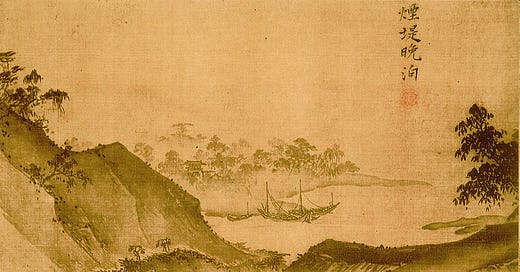



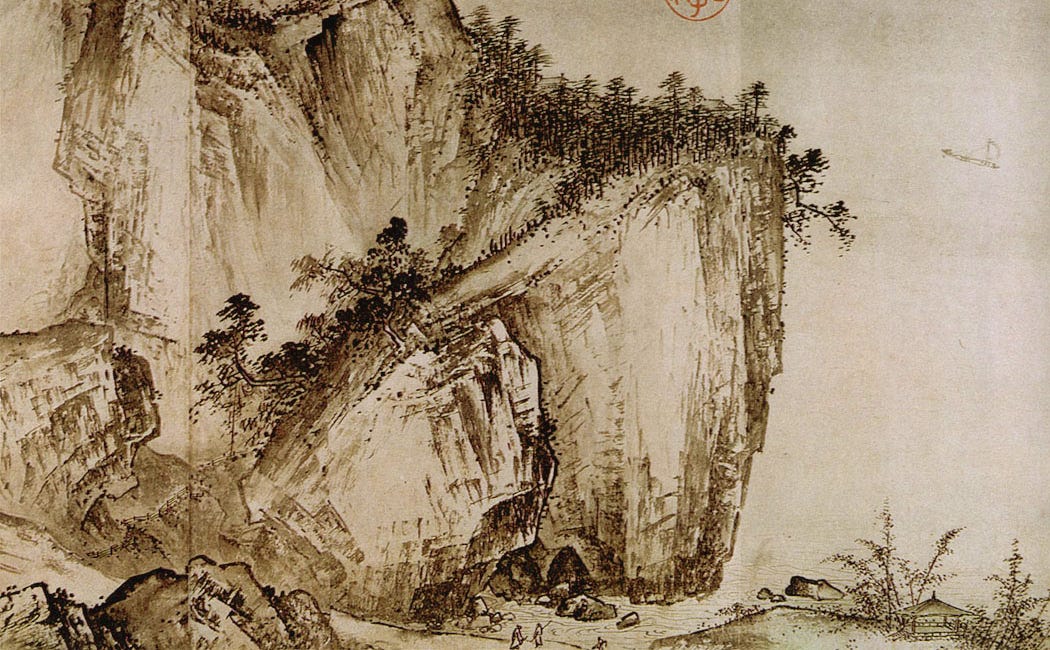
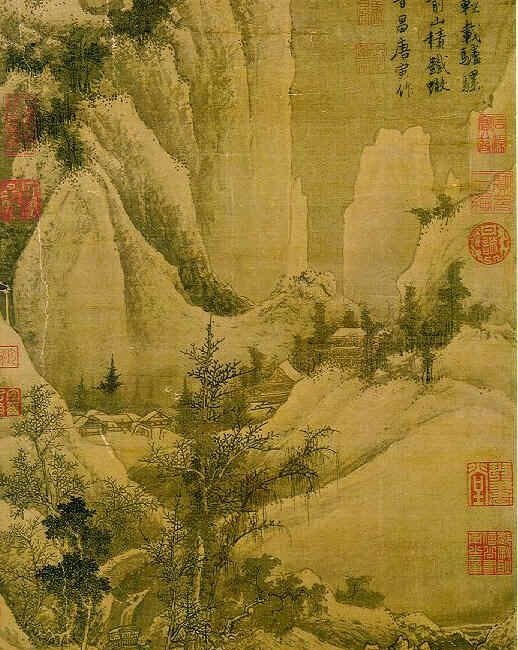
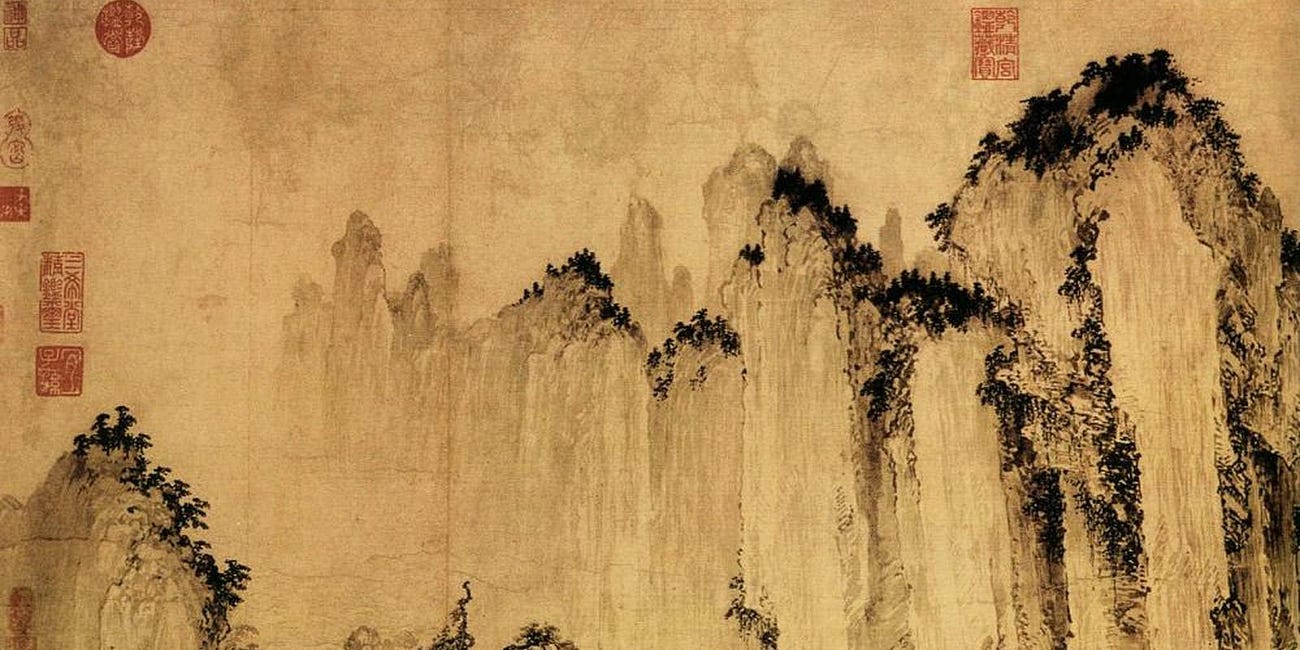
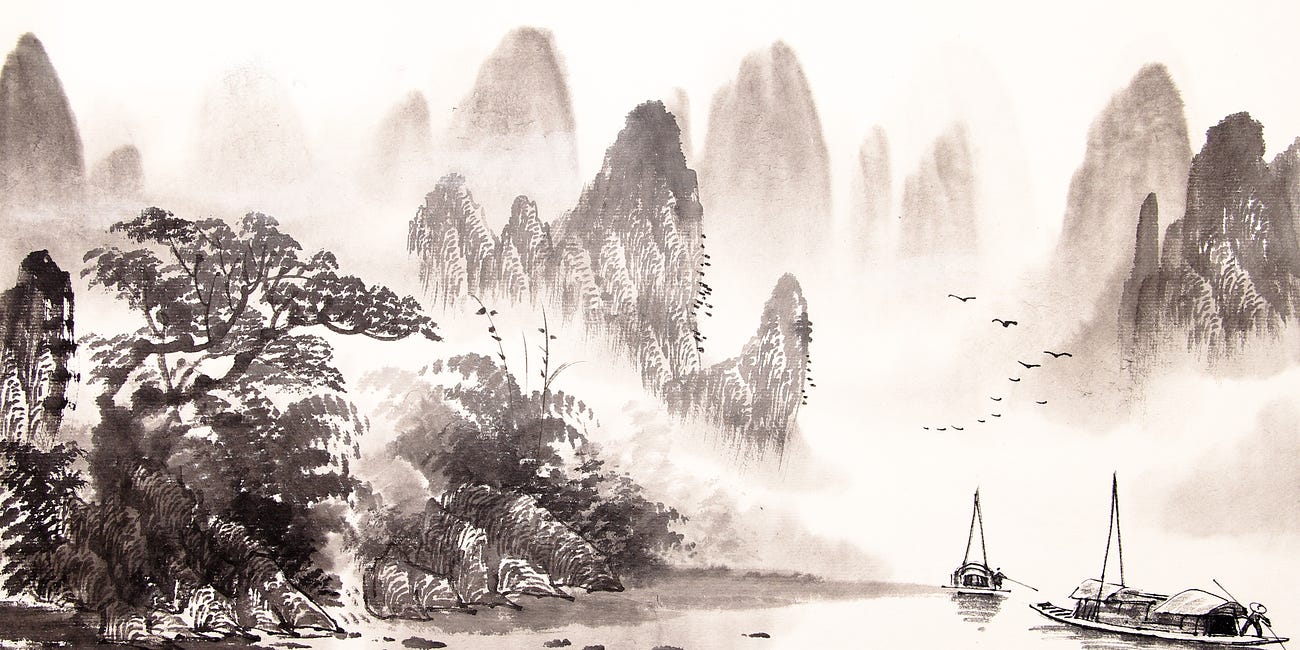
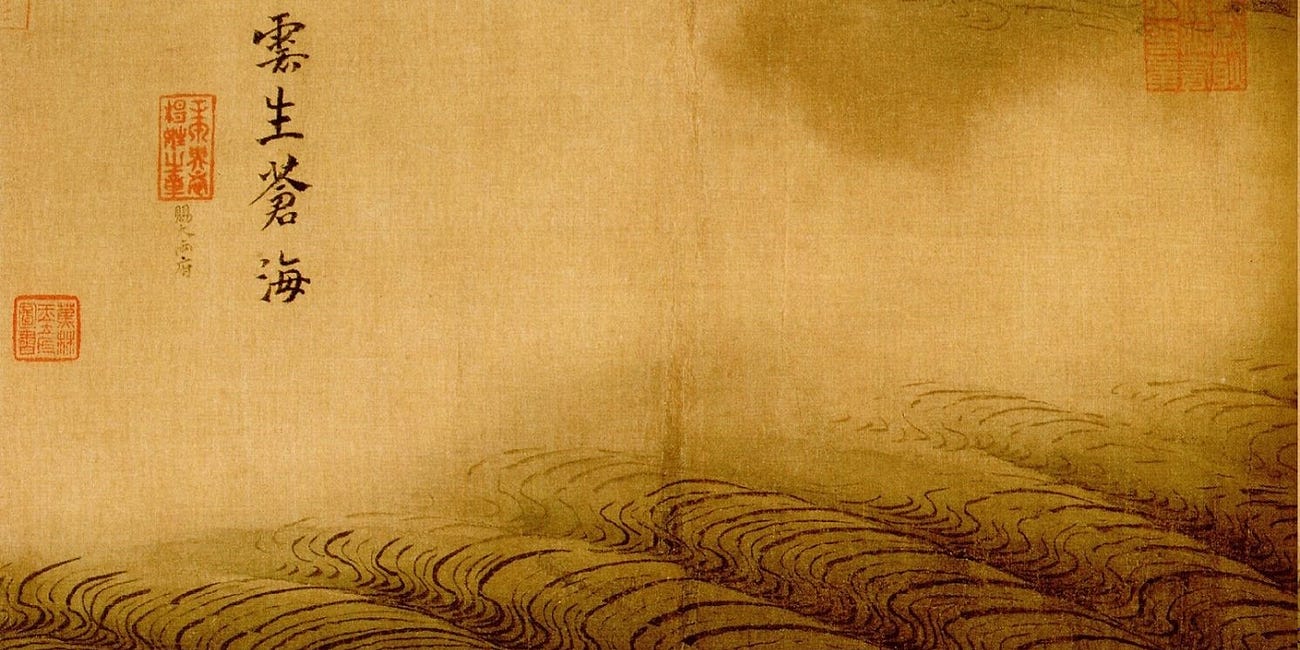
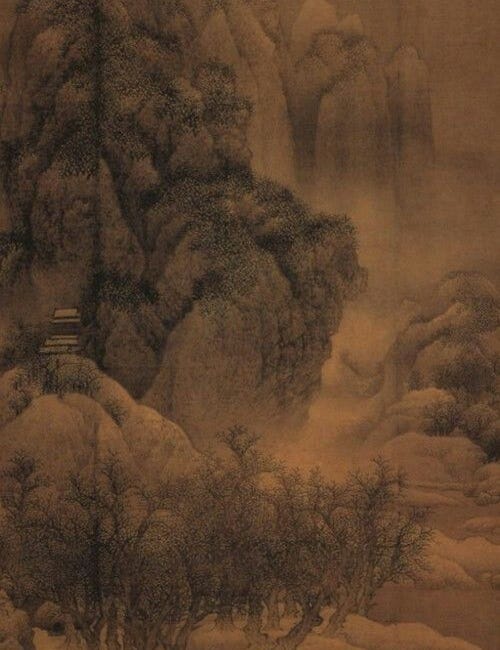
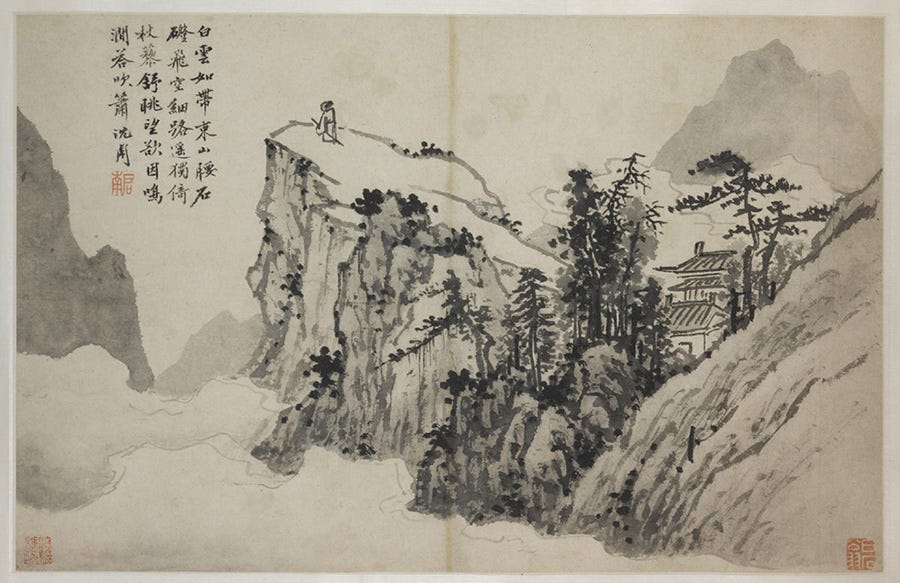
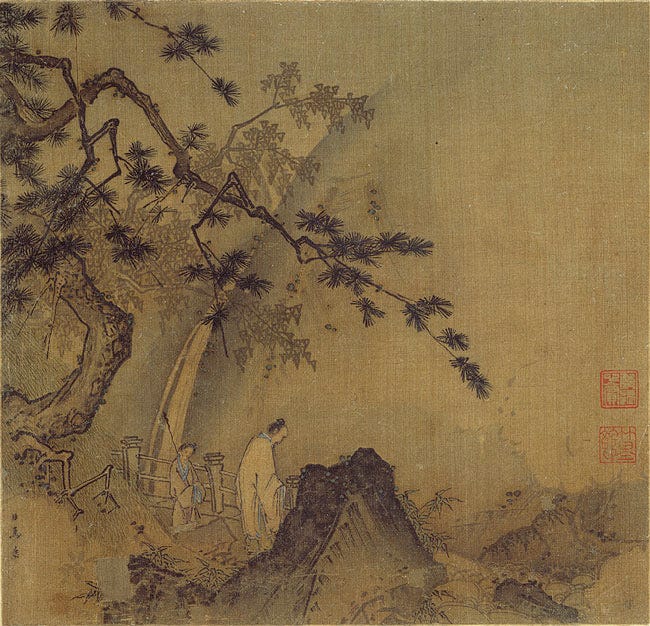
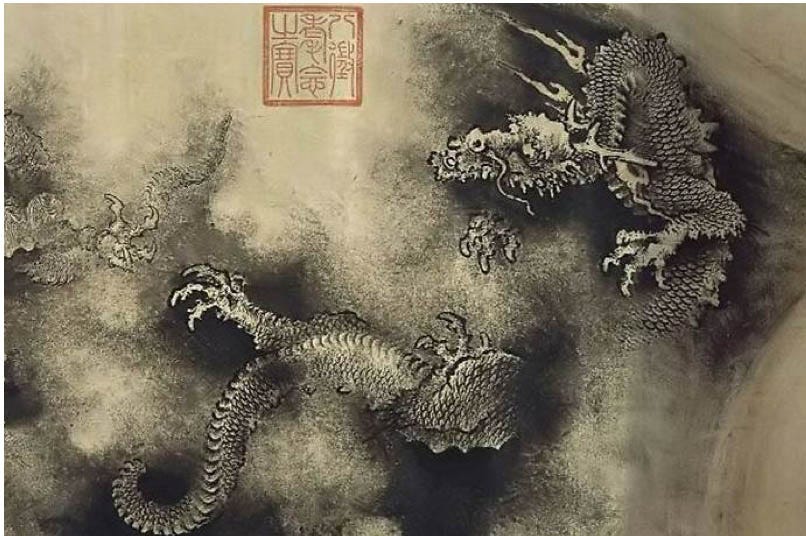
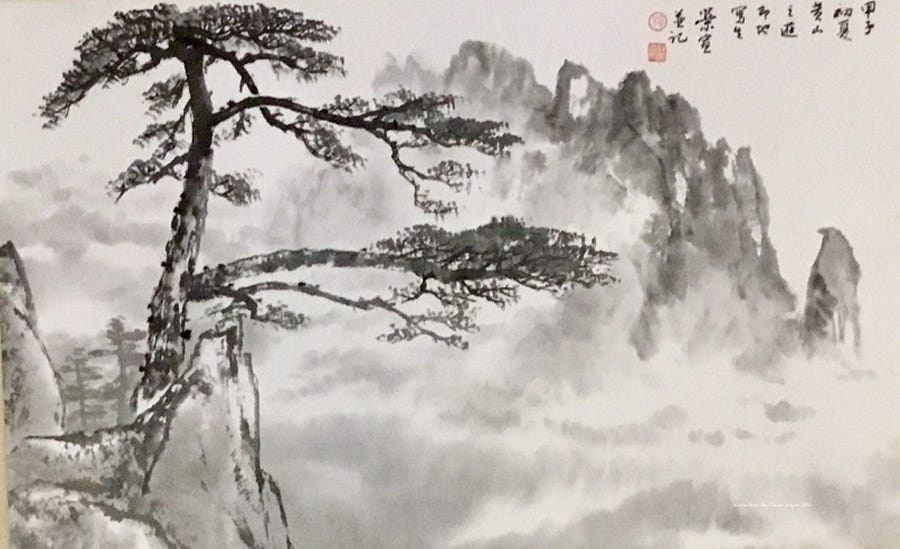
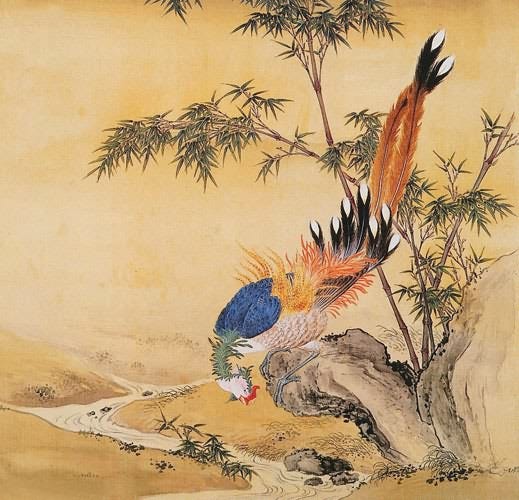

The Waterfall: The town and its inherent noise, created by man are abhorrent to some, who find a calmness and peace in creation's louder rushing, tumbling, roaring waterfall. Twenty miles north of the city is a 50 acre wilderness with river,creek and pond, where I choose to live. My daughter wants a waterfall for the pond. Thomas Jefferson-"If we become piled upon one another in cities, as in Europe, we shall become as corrupt as Europe."
My favourite of these three poems is 'Details'. I love the wisdom of that sixth verse: "The truth is simple" ... "The details are infinite". That really appeals to me. I also like 'Mastery'. I read it carefully in The Chained Muse, and at the end of it I couldn't help thinking of what James Joyce said when he had condensed the whole history of mankind into Finnegans Wake. He said: "I know very little. I am still a student." But a very remarkable student indeed! ( One who knew his limits, his precise task, and didn't fail.) Fine poems, David. And a fine reading of them. Well done!